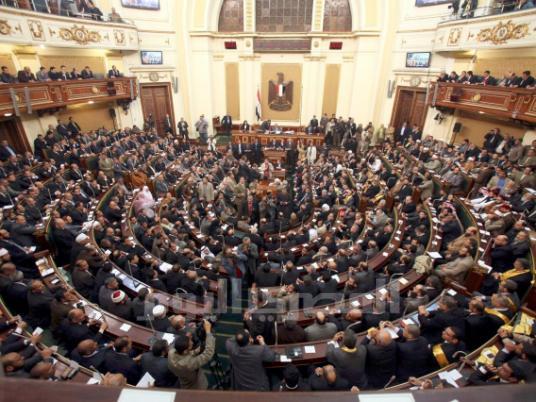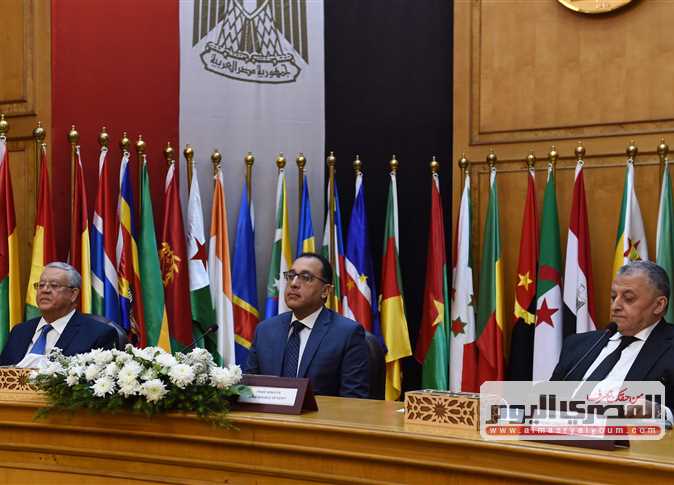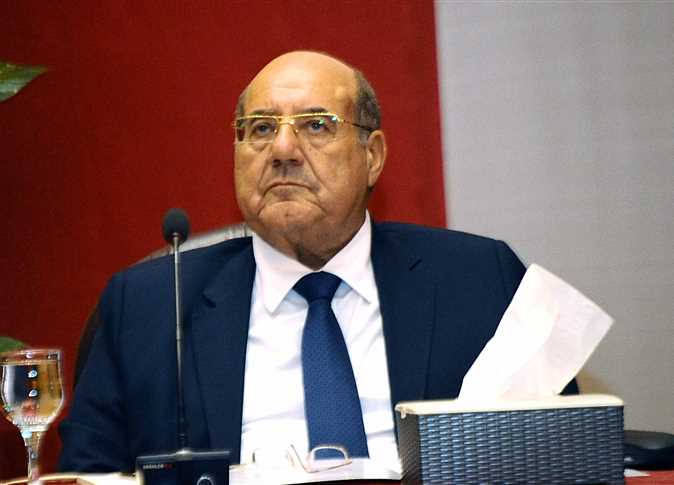
Among the laws that the legislative committee of the People’s Assembly is currently revising is a June decree regarding how the head of the Supreme Constitutional Court is chosen. The law is one of many the Supreme Council of Armed Forces has issued autonomously in the past year.
Unlike all other judicial bodies in Egypt, the head of the Supreme Constitutional Court was appointed directly by the president and not through the general assembly of the judicial body.
This was implemented in 2000 after the Supreme Constitutional Court called the 1995 parliamentary elections fraudulent. In an attempt to further curb the independence of the judiciary, the law was changed to allow the president of the republic to directly appoint the head of the court.
This was part of the previous regime’s stranglehold on the other branches of power, and according to the 1971 Constitution, in the absence of a president and speaker of the People’s Assembly, the head of the Supreme Constitutional Court assumes the position on a temporary basis until elections are held.
“The idea was that the president had complete powers in picking the head of the court,” Court Vice President Tahani al-Gebali said. This is no longer the case with an amendment now being passed that changes the way the head of the court is picked and, according to Gebali, “now gives the court more independence” from the executive branch.
The amendment to the law stipulates that the head of the court is now appointed by the president from the eldest three members of the court after approval of the general assembly. This means that the nominations come from the general assembly and the president signs off in a procedural manner.
The amendment now “obliges the president to pick one of the three eldest members nominated by the general assembly,” Gebali said, “and in addition the general assembly will have its primary nominee as well that it will inform the president of. This way, the head comes from within the court.”
This, Gebali said, is the traditional manner in which court heads are appointed in Egypt with the exception of the Supreme Constitutional Court.
“This idea of the president of the republic having sole authority to pick the head of the Supreme Constitutional Court was the only exception and was subject to much criticism,” she said.
The amendment has also extended to how other members of the court are chosen, aiming to promote picking members of the court from within judicial authorities, and then allowing them to rise through the ranks. Again, the vice president of the court is also appointed by the president after approval from the general assembly. Two-thirds of the members of the court, now called deputy heads, will come from judicial bodies, a third from the judicial bodies affiliated with the court and a third from other judicial bodies. The final third will come from a pool of lawyers or law professors who are eligible for becoming deputies in the court.
Negad al-Boraie from the Group for Democratic Development, a human rights law firm, called the amendment a “positive step” that had been a demand from members of the judiciary and rights activists for a long time.
“This is imperative for separating the judiciary from executive influence, which has been going on for decades,” he said.
Boraie pointed out that in light of the amendment, the appointment by the president was now “a procedural matter more than an indication of any direct influence.”
However, Ahmed Ezzat from the Association for Freedom of Thought and Expression said that even as a procedural matter, the president should have no relation whatsoever to picking the head of the Supreme Constitutional Court “to safeguard the judiciary’s complete independence from the executive branch.”
Accordingly, Ezzat welcomed the People’s Assembly’s quest to revise the amendment. He said that it was imperative for the People’s Assembly to revise all the laws issued by the Supreme Council of the Armed Forces in the interim period as it is now Egypt’s “legislative authority.” He added that the general assembly picking the head is a good move but that the choice should be on merit rather than age, as the Supreme Constitutional Court is “the final monitor on the constitution and requires members highly skilled in the technical aspects of the law.”
As to why SCAF issued the decree amending how the court is chosen, Ezzat contended that the court is a vital authority regarding the constitution and the legitimacy of both the executive and legislative branches. It was in SCAF’s interest to bring the court on its side and, as such, confer legitimacy on SCAF during the interim period and its constitutional decrees.
A recent controversy over Article 28 of the Constitutional Declaration, which grants the presidential elections commission judicial immunity, is bringing attention to the role the court would be playing and the degree of its independence. Members of Parliament are demanding a change in the article to provide for the right of the court to intervene in the commission’s decisions, and to make sure they are all constitutional and that the commission’s work is not influenced by SCAF, which issued the presidential elections law just days before Parliament convened.
However, Gebali had said in a TV show that Parliament has no right to change the Constitutional Declaration. While the Supreme Constitutional Court is ousted as an institution from scrutinizing the decisions of the commission, its members are represented in there, while the court president, Farouk Sultan, also serves as the head of the presidential elections commission. Sultan came under heavy criticism from MPs who accused him of succumbing to SCAF’s manipulation.
The Supreme Constitutional Court was designed as a replacement in 1979 for the Supreme Court, created a decade earlier, in response to the need for a judicial authority to pronounce on the constitutionality of legislature coming from the president or the house. The court, whether in its current guise or former one, was declared by the 1971 Constitution to have the final say in the constitutionality of any laws passed, as well as being the arbiter between different judicial bodies.




